Life
Sign up for our newsletter
We summarize the week's scientific breakthroughs every Thursday.
-
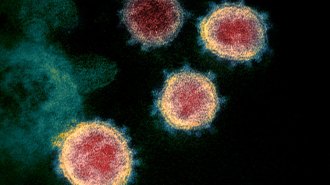 Genetics
GeneticsNo, the coronavirus wasn’t made in a lab. A genetic analysis shows it’s from nature
Scientists took conspiracy theories seriously and analyzed the coronavirus to reveal its natural origins.
-
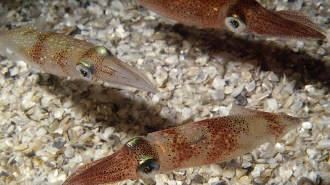 Genetics
GeneticsSquid edit their genetic material in a uniquely weird place
Some squids’ seeming ability to edit RNA on the fly could help scientists develop a technique much like the DNA-editing tool CRISPR, but for RNA.
-
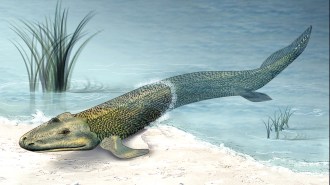 Life
LifeA new book captures how genetics fills in the story of life’s evolution
In Some Assembly Required, paleontologist Neil Shubin explores how genetic analyses complement paleontological research.
By Sid Perkins -
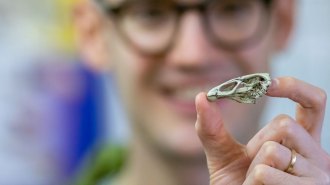 Paleontology
Paleontology‘Wonderchicken’ is the earliest known modern bird at nearly 67 million years old
A new fossil find, dubbed the Wonderchicken, is a common ancestor of modern ducks and chickens.
-
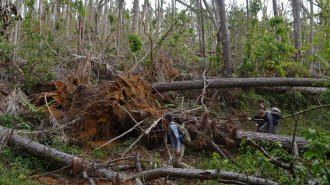 Climate
ClimateHow Hurricane Maria’s heavy rains devastated Puerto Rico’s forests
Hurricane Maria wreaked havoc on Puerto Rican forests in some unexpected ways.
-
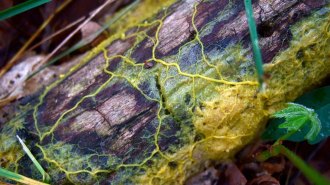 Physics
PhysicsHow slime mold helped scientists map out the cosmic web
Tapping a similarity between a slime mold’s lacy web and the vast threads of matter that connect galaxies, astronomers visualized the cosmic web.
-
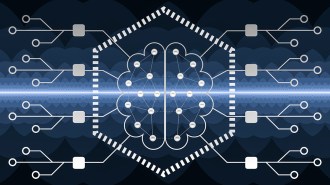 Artificial Intelligence
Artificial IntelligenceAn AI that mimics how mammals smell recognizes scents better than other AI
An artificial intelligence modeled after the neural circuitry in mammalian brains can keep learning new aromas without forgetting others.
-
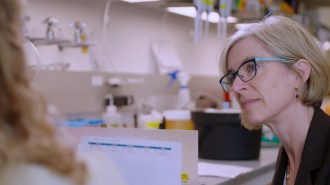 Genetics
Genetics‘Human Nature’ offers CRISPR novices a basic introduction
A film that introduces people to CRISPR aims to spark debate about how to use the gene editor.
-
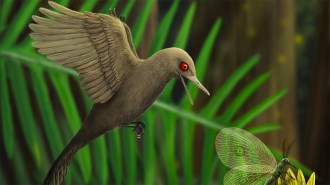 Paleontology
PaleontologyThis ancient dinosaur was no bigger than a hummingbird
The skull of one of these Mesozoic Era birds — the tiniest yet known — was discovered encased in a chunk of amber originally found in Myanmar.
-
 Science & Society
Science & SocietyNew electrodes can better capture brain waves of people with natural hair
Electrodes weren’t designed for people with thick, curly hair. A redesign is needed, says engineer Pulkit Grover.
-
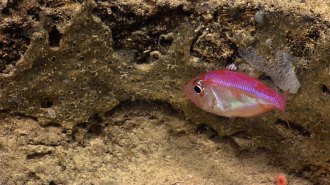 Life
LifeThis is the first deep-sea fish known to be a mouthbreeder
Scientists found over 500 eggs attached to the inside of a parazen fish’s mouth.
By Jake Buehler -
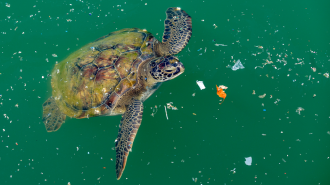 Animals
AnimalsSea turtles may confuse the smell of ocean plastic with food
Sea turtles respond to the smell of plastic that’s been in the ocean similarly to food, suggesting the reptiles may end up eating the harmful debris.